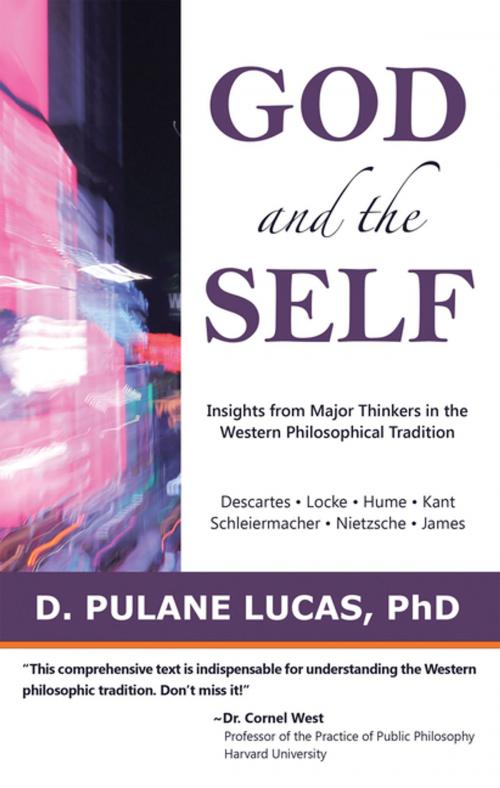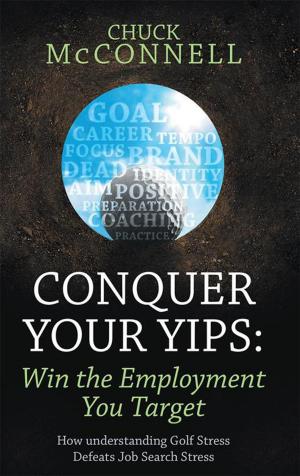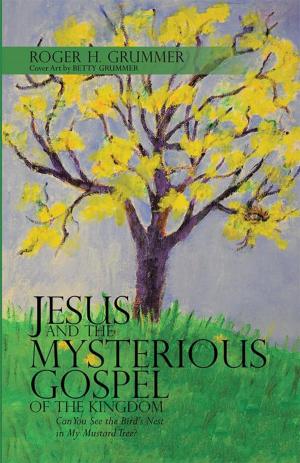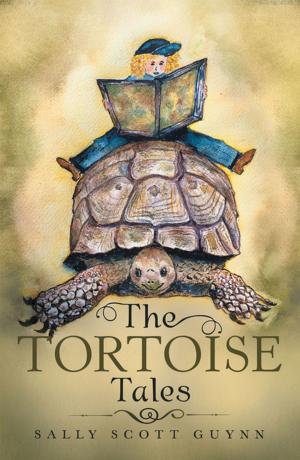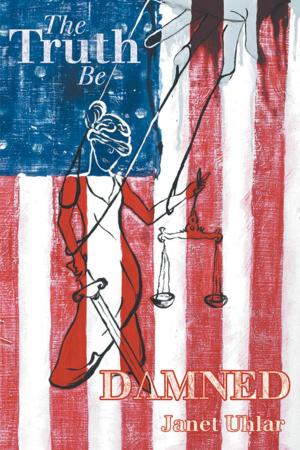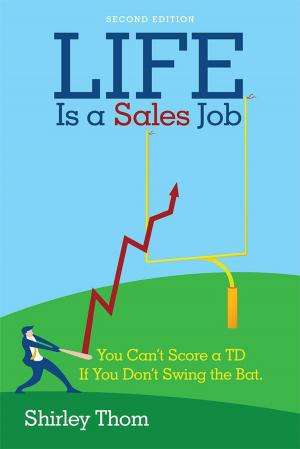God and the Self
Insights from Major Thinkers in the Western Philosophical Tradition
Nonfiction, Religion & Spirituality, Philosophy, Religious| Author: | D. Pulane Lucas PhD | ISBN: | 9781480852426 |
| Publisher: | Archway Publishing | Publication: | December 5, 2017 |
| Imprint: | Archway Publishing | Language: | English |
| Author: | D. Pulane Lucas PhD |
| ISBN: | 9781480852426 |
| Publisher: | Archway Publishing |
| Publication: | December 5, 2017 |
| Imprint: | Archway Publishing |
| Language: | English |
The principles found in the material presented in this book, delivered to me by Dr. Lucas, made so much sense to me at a critical juncture in my career. My plight was having achieved in my career, but not having believed in the self, though strongly believing in God as I was taught. Understanding the balance, the partnership described in this book, took me to another level. I believe it can do the same for any reader!
~Dr. Wally R. Smith
Professor of Medicine
Virginia Commonwealth University
In God and the Self, author D. Pulane Lucas explores the dynamic and complex notions of God and the self from a number of philosophical perspectives, highlighting the evolving nature of discourse about the self. Opening with an examination of freedom, guilt and the moral law, this three-part volume examines the work of Kant, Coleridge, and Nietzsche before analyzing the views and influences of Descartes, Locke, Hume, and Schleiermacher on conceptions of God and the self. A final section on self-awareness investigates the self from the pragmatic perspective and draws upon the works of William James and George Herbert Mead, with each essay in the volume examining a fundamental way of conceptualizing and understanding the self with a historical and theoretical perspective.
Human beings are endowed with the abilities to self-reflect, imagine, and create. These capabilities have contributed to ancient and modern thinkers desires for deeper understandings of humanity, universal laws, and omnipotent, omnipresent, and omniscient beings. Exploring complex notions of God and the self can enhance cognitive flexibility and promote a more in-depth understanding of the self. With self-awareness, self-knowledge, self-empowerment, and self-appreciation, we can value our self-worth and reawaken the genius in each of us so that we can gain greater control of our thoughts, actions, and lives.
The principles found in the material presented in this book, delivered to me by Dr. Lucas, made so much sense to me at a critical juncture in my career. My plight was having achieved in my career, but not having believed in the self, though strongly believing in God as I was taught. Understanding the balance, the partnership described in this book, took me to another level. I believe it can do the same for any reader!
~Dr. Wally R. Smith
Professor of Medicine
Virginia Commonwealth University
In God and the Self, author D. Pulane Lucas explores the dynamic and complex notions of God and the self from a number of philosophical perspectives, highlighting the evolving nature of discourse about the self. Opening with an examination of freedom, guilt and the moral law, this three-part volume examines the work of Kant, Coleridge, and Nietzsche before analyzing the views and influences of Descartes, Locke, Hume, and Schleiermacher on conceptions of God and the self. A final section on self-awareness investigates the self from the pragmatic perspective and draws upon the works of William James and George Herbert Mead, with each essay in the volume examining a fundamental way of conceptualizing and understanding the self with a historical and theoretical perspective.
Human beings are endowed with the abilities to self-reflect, imagine, and create. These capabilities have contributed to ancient and modern thinkers desires for deeper understandings of humanity, universal laws, and omnipotent, omnipresent, and omniscient beings. Exploring complex notions of God and the self can enhance cognitive flexibility and promote a more in-depth understanding of the self. With self-awareness, self-knowledge, self-empowerment, and self-appreciation, we can value our self-worth and reawaken the genius in each of us so that we can gain greater control of our thoughts, actions, and lives.
